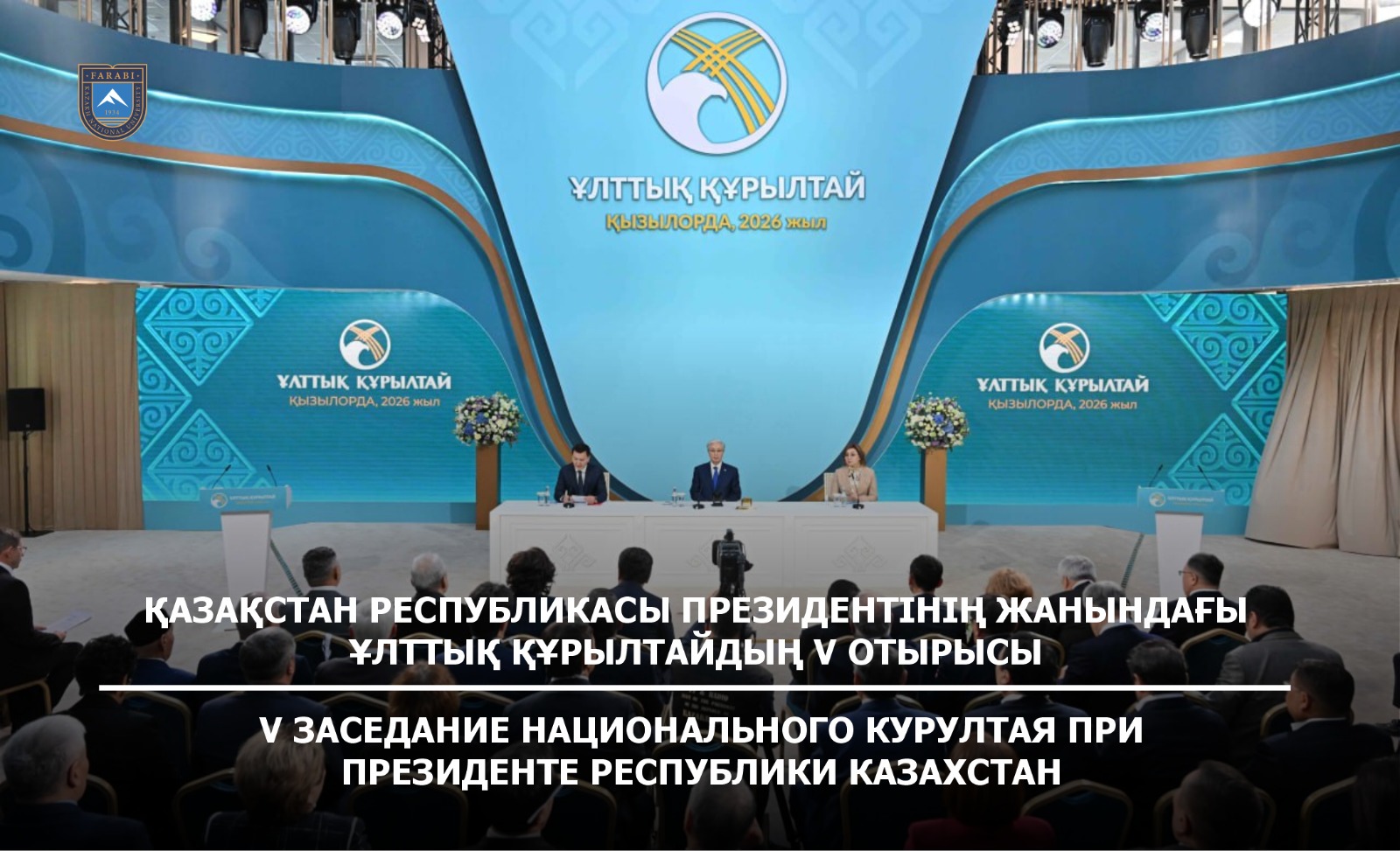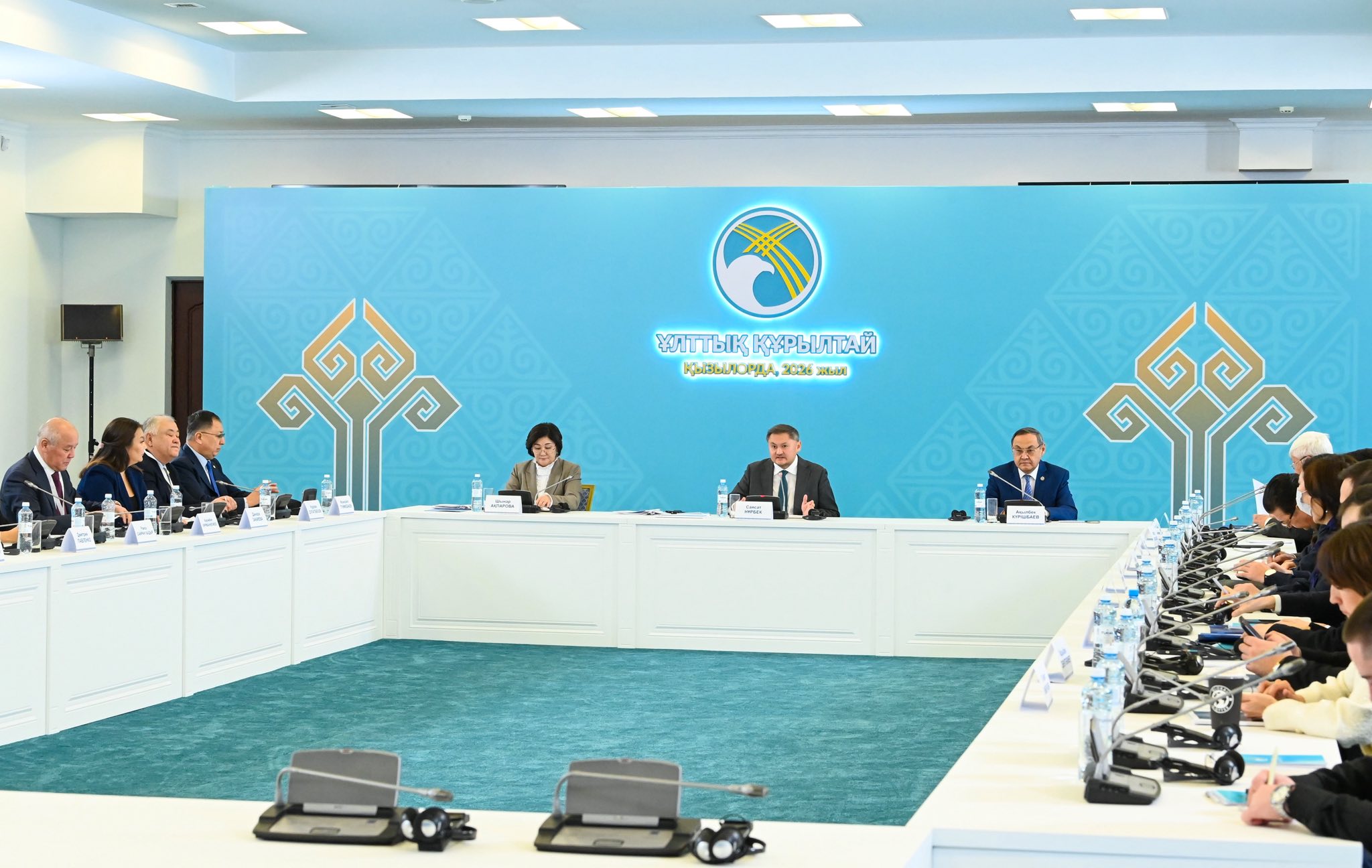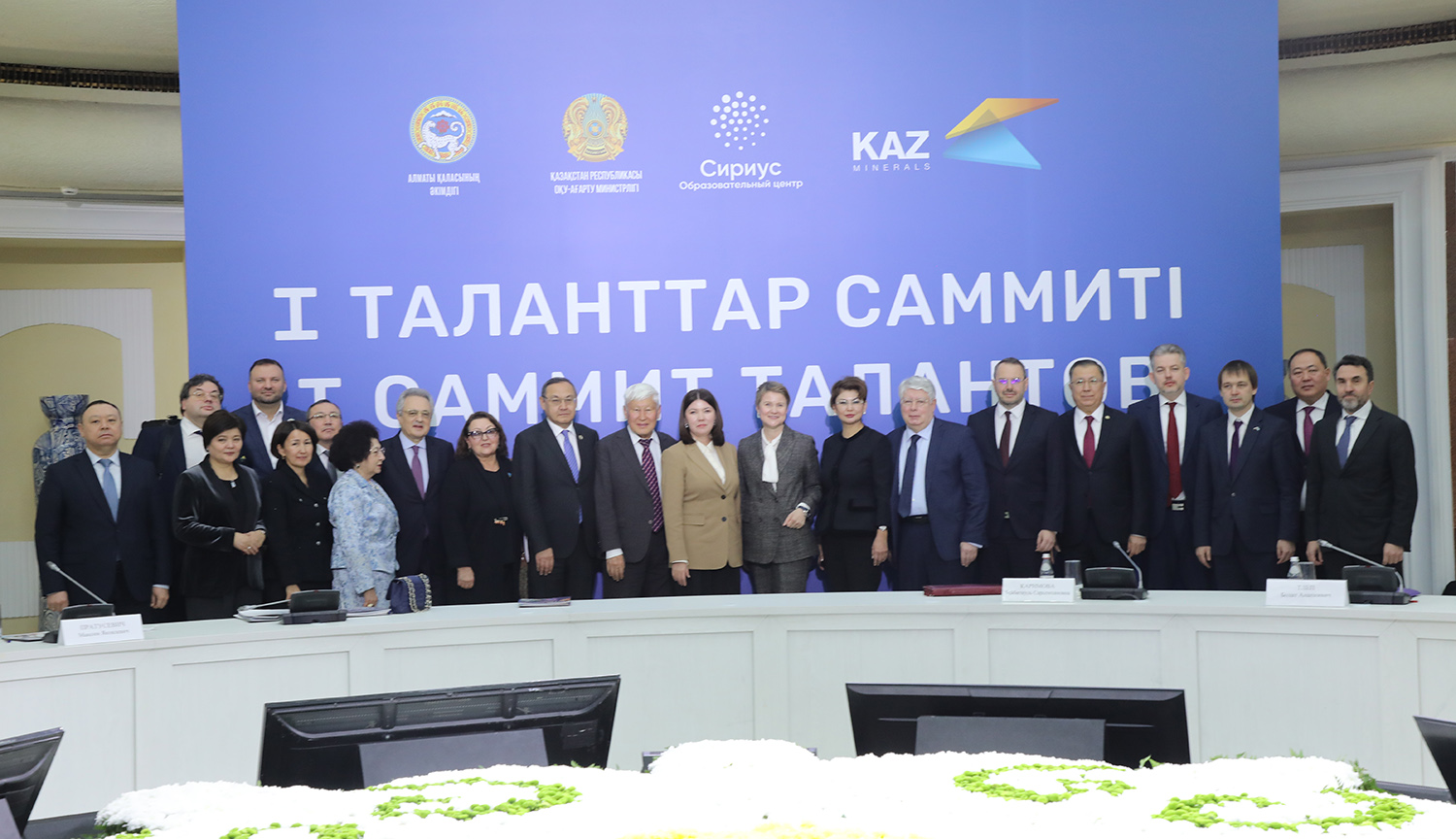The teaching staff of KazNU undergoes training on sustainable development
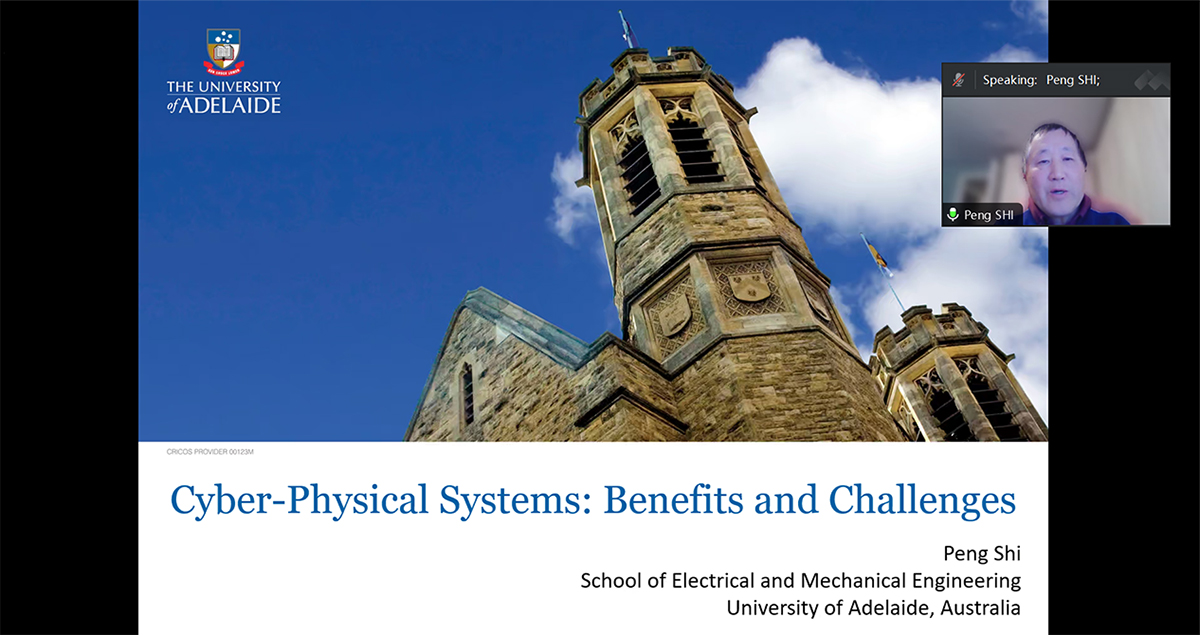
Ban Ki-moon Institute for sustainable development organized a 3-month course of sustainable development for the teaching staff titled: “nnovation, Sustainable Development, and Leadership Enhancement”, within the framework of collaboration with the Centre for Environmental Economics of the University of Chinese Academy of Sciences (CEE-UCAS) and the Alliance of International Science Organizations (ANSO), supported by COMSATS.
The inauguration ceremony of the training witnessed the esteemed presence of leaders from collaborating organizations, including representatives from ANSO, COMSATS, and various academic institutions. Following the opening ceremony, Prof. Luis Seco, an esteemed academic from the University of Toronto, conducted the first module of the training course. His expertise in Mathematical and Computational Sciences, coupled with his leadership in the field of Green Finance, set the stage for exploration and learning for the participants.
On May 1st, 2024, the second module featured a lecture titled "Cyber-physical systems: benefits and challenges" delivered by Prof. Peng Shi from the School of Electrical and Electronic Engineering at the University of Adelaide, Australia. Prof. Peng Shi holds notable positions within IEEE, serving as the Editor-in-Chief of IEEE Transactions on Cybernetics, Senior Editor of IEEE Access, and Distinguished Lecturer of IEEE SMC Society.
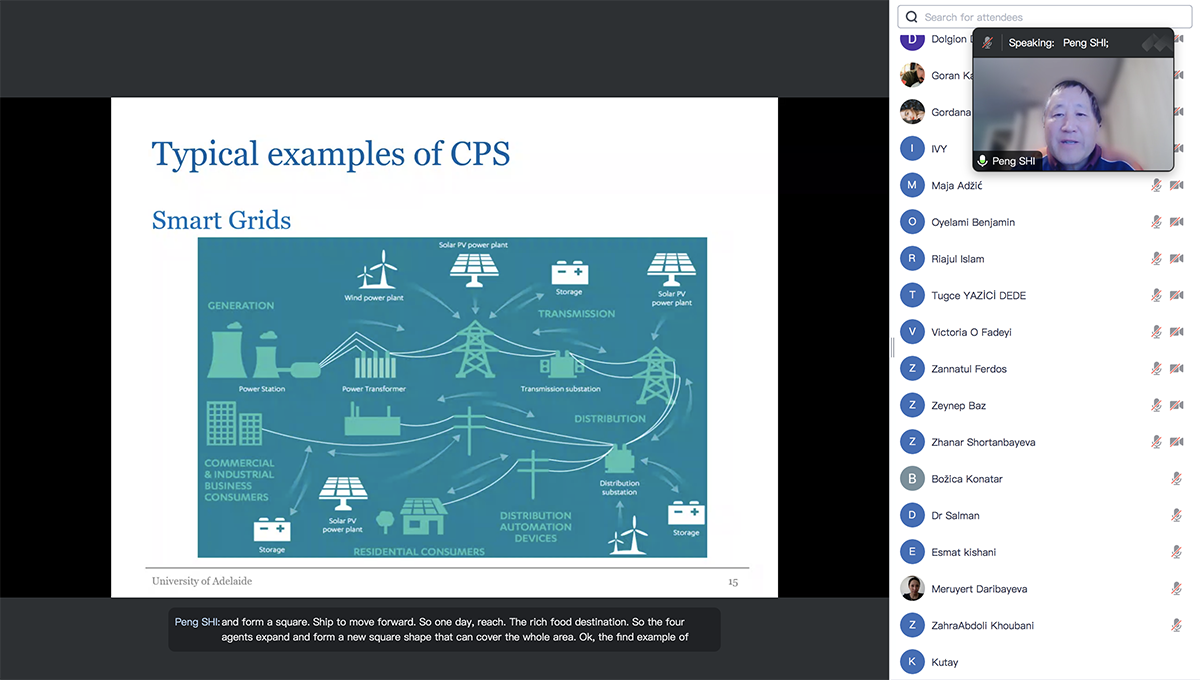
It should be noted that over the past three years, seven terms of ANSO-BIDI school have been held, enriching the minds of more than 750 participants worldwide. Among these, 400 were nominated by the COMSATS Secretariat, with a notable inclusion of 80 trainees from Al-Farabi Kazakh National University.
The significance of this initiative lies in its ten weekly modules spanning 3 months, where distinguished professors and experts from renowned universities across the globe deliver lectures on various topics such as supply chain and sustainable development, ESG and Green Finance, and Computer Science and Engineering, among others. By delving into these topics, the trainees not only broaden their academic horizons but also cultivate a deeper understanding of the interconnectedness between environmental stewardship, economic prosperity, and social equity.
At the end of the training, participants will be awarded certificates of completion of the course on assessing literacy and knowledge in the field of sustainable development.
Press-service of Al-Farabi Kazakh National University
